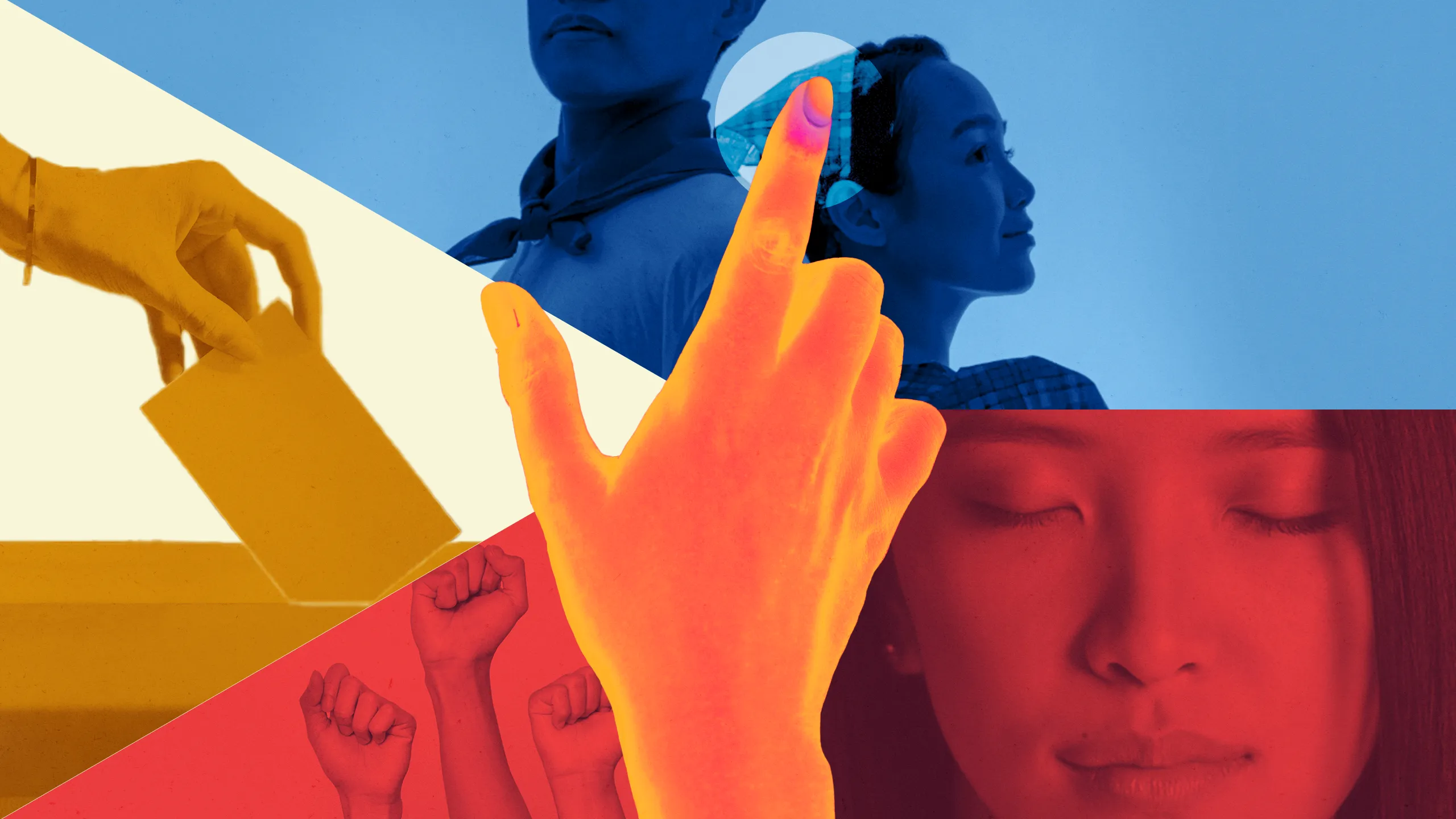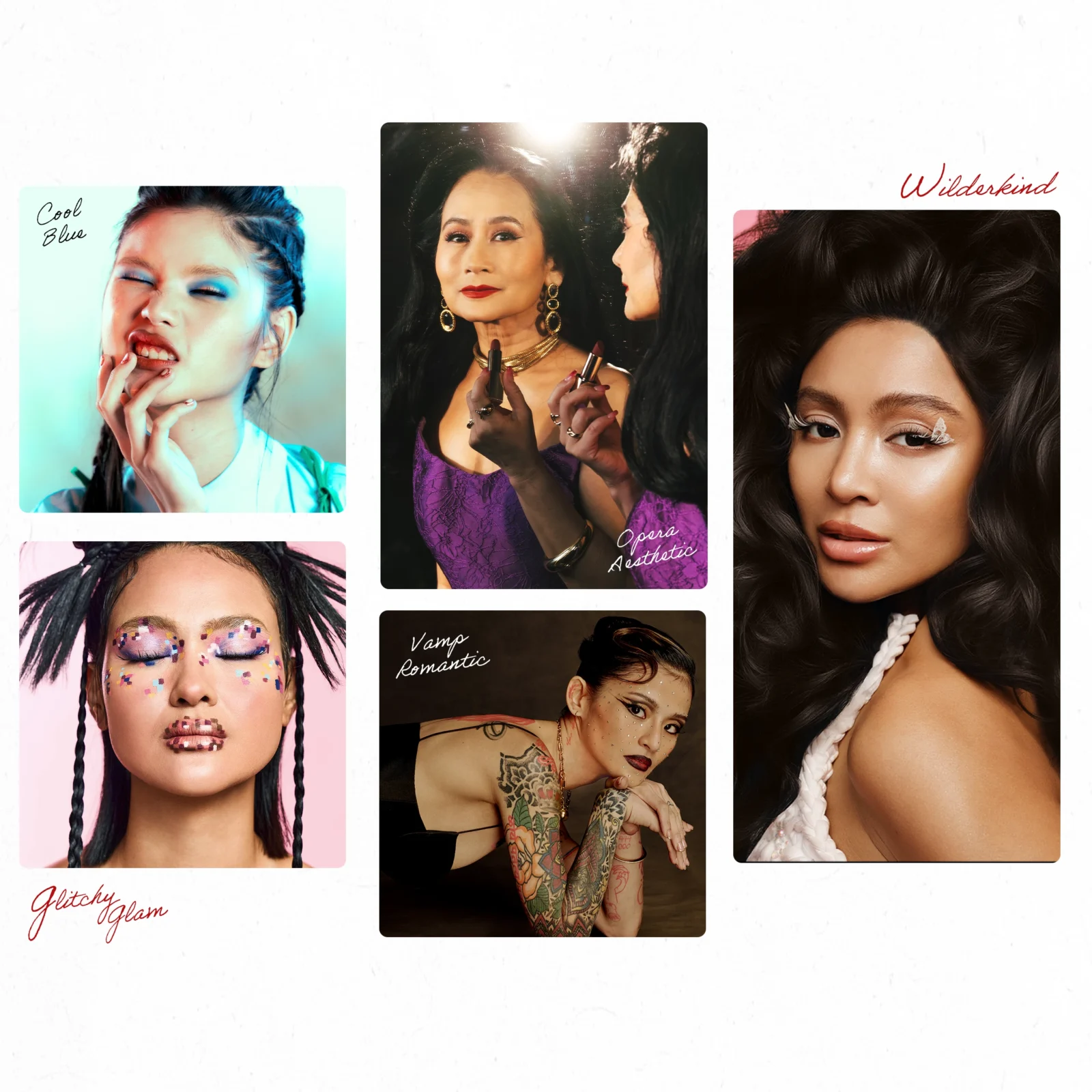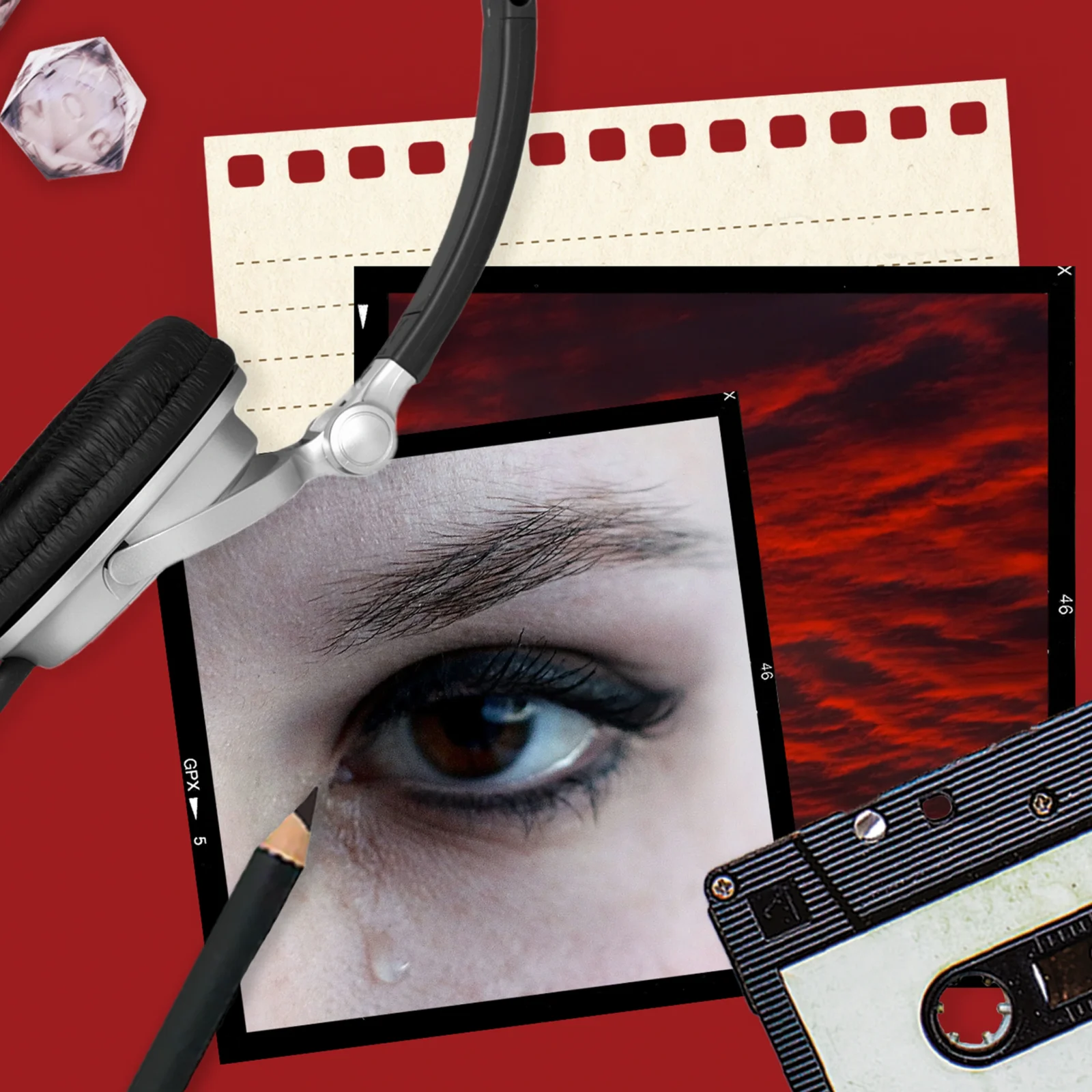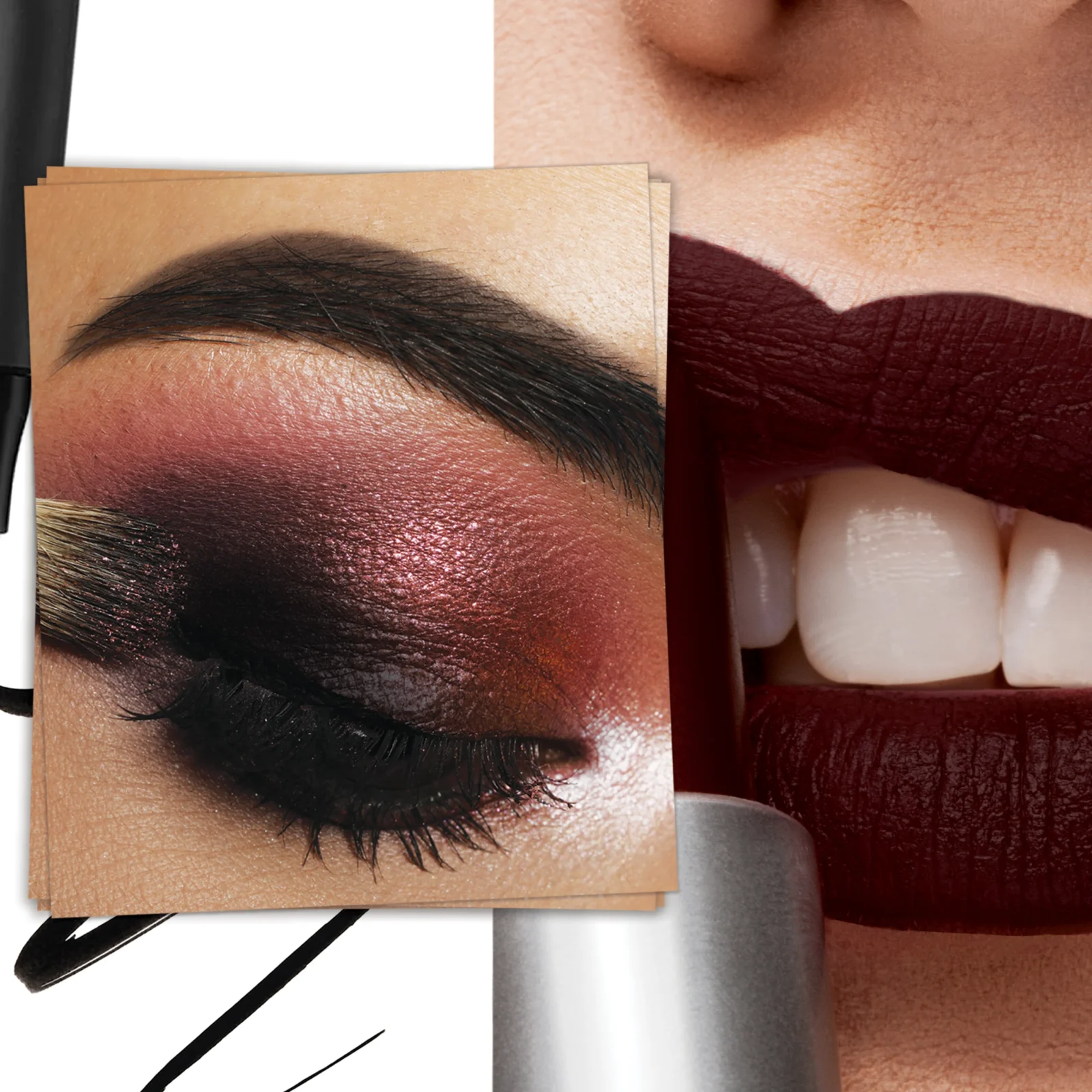Voting Is a Form of Wellness
Wellness can look like showing up—for yourself, your community, and your future. Because casting your vote doesn’t just create change—it creates clarity, connection, and a sense of control.
By Leira Aquino
When we think of wellness, we picture movement, meditation, maybe a moment of stillness. But wellness isn’t always soft or silent. Sometimes, it looks like showing up—even when it feels easier to stay quiet. Sometimes, it looks like casting a vote.
The first time I voted was in 2019, just after I turned 18. My mom, brother, and I left for the polls early that morning. I was nervous, but it wasn’t because of the rush of choosing the “right” candidate. It was because of the realization that my vote, no matter how small, had weight.
When it was over, I surprisingly felt calm. It wasn’t just the satisfaction of checking a box. It felt deeper—like I had stepped into my role in something much larger. Even if the candidates I chose didn’t win, the violet ink mark on my finger was a reminder that I had done something. Something that truly mattered.
Just three years earlier, I was watching elections from the sidelines. I was too young to vote but was already forming opinions, frustrations, and a growing sense of urgency. I knew what I believed in. I knew what I wanted to fight for. But without the vote, I had no real outlet for that energy.
The right to vote wasn’t always ours
In the Philippines, the right to vote is guaranteed by the 1987 Constitution and upheld by international human rights agreements. All citizens aged 18 and above—unless disqualified by law—have the right to participate in shaping our democracy. But this wasn’t always the case.
It’s easy to take that right for granted. For much of history, the right to vote was reserved for men, specifically those who were educated and landowners. But history reminds us that suffrage, especially for women, wasn’t handed over freely. In the Philippines, women only gained the right to vote in 1937 after years of resistance and organizing.
Today, that legacy lives on every time a woman shows up at the polls. For me, casting my ballot isn’t just a political decision—it’s a tribute to the women who fought for my right to choose.
What voting can do for your well-being
It’s only in hindsight that I realized the act of voting itself can be a form of wellness. It can bring clarity, empowerment, and connection. In politically-charged seasons, this act can bring a sense of agency when everything else feels out of your control.
“Exercising one’s agency through choosing whom we wish to take on national and local government posts can be an empowering experience amidst a world that is unpredictable,” says Claudine Faye Tecson, a registered psychologist with a Master’s degree in psychology from the University of the Philippines Diliman and almost 10 years of experience in clinical management, crisis counseling, and trauma care. In other words, when the world feels uncertain, voting is one way to reclaim control.
It’s easy to overlook the significance of voting as a form of personal empowerment. In a world where so much is beyond our control, being able to cast a vote—to decide who will represent us—is an exercise in autonomy. It’s an opportunity to affirm that your voice matters, no matter how uncertain the future may feel. “Despite outcomes, the experience itself can bolster our well-being by making us feel like we are adding our voice through a system that is (hopefully) counting our votes,” Tecson says.
This is why voting isn’t just a civic duty. It’s an act of participation that contributes to your mental wellness. It’s an investment in clarity, in the kind of world you want to live in, and in your role in shaping that world.
When you first think of wellness, you might imagine green juice, spa days, or yoga in the sun. But wellness isn’t just about physical experiences. It’s about mental and emotional clarity, too. It can be about the ability to reflect on the kind of world you want to live in and then take action, no matter how small. Voting is an act of participation that connects you to the larger narrative of your community and your country. It’s about knowing that, even in an uncertain world, you have control over one small piece of it—your vote.
Opting out isn’t the answer
It can be tempting to tune out, to not care about politics or elections. I’ve been there. Sometimes it feels easier to avoid doing the background research on candidates or engaging in discussions. Staying inside a bubble feels like the peaceful option.
“Disengaging from politics and its realities is a natural response, especially when it has become too stressful and overwhelming,” says Tecson. “Much like resting or taking a break from work and/or school, its positive effects may definitely be felt for a period of time.”
But here’s the thing: while disengaging might provide a temporary sense of peace, it’s not a sustainable solution. Politics isn’t just something abstract that happens somewhere else. It affects every part of our lives—healthcare, education, the environment, even the economy.
Choosing not to participate might shield us from momentary stress. But in the long term, it makes us more vulnerable to decisions made without our input. “Its sustainability is suspect, as the effects of politics are too pervasive and very much felt and apparent in our day-to-day lives,” Tecson explains.
Wellness, in its truest form, involves conscious participation—not just in our personal lives but in our collective future.
Showing up is the point
There’s something deeply grounding about exercising your right to vote. It’s a reminder that you play a role in the bigger picture, that your voice counts, not only in your life but in the future of your community, too. “Participating makes us feel that we have done what we can, and therefore some semblance of control in uncertain situations like elections, which can make us feel helpless, anxious, and overwhelmed,” Tecson shares.
Voting is one of the clearest forms of civic action. You show up. You reflect. You decide. And even when the outcome isn’t in your favor, the act of engaging brings its own reward.
It’s that faith in our ability to act together (that collectively, we can make a difference) that keeps us grounded. Especially in moments of uncertainty.
It’s easy to romanticize wellness as a soft life. But sometimes it looks like rising early, making a list of candidates, and walking into a crowded polling station to make your mark.
The wellness in voting
I’m still figuring out what wellness means to me, but I do know this: When I vote, I feel clearer. More rooted. More connected. It might not be the kind of peace that comes from a bubble bath, but it’s a peace that lingers a little longer.
“No matter the outcomes, the knowledge that we have participated in the elections not only bolsters our love and care for our country, but also highlights the fact that we have done what we can to make our voices heard,” Tecson says. “Regardless of whether we are satisfied with the results or not, we know that we have added to the numbers which convey a message that we are holding these elected officials accountable for what they do and how they act when they occupy these seats.”
Voting won’t fix everything. But it anchors you in something real—your right to speak, to shape, to show up. And in a world that feels increasingly uncertain, that kind of clarity may be the most powerful peace of all.
So the next time you think about wellness, think bigger. Think beyond the body and back to your ballot. Because your vote isn’t just a choice—it’s how you care, how you show up, and how you help shape what comes next.
You might also like
To provide a customized ad experience, we need to know if you are of legal age in your region.
By making a selection, you agree to our Terms & Conditions.








